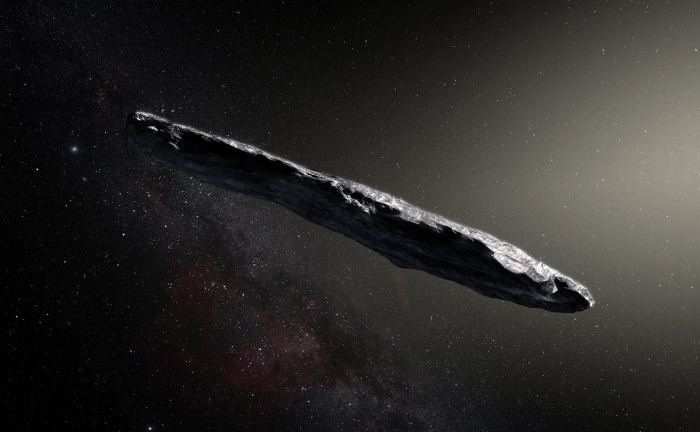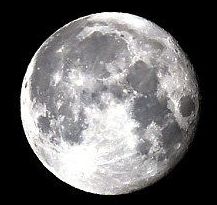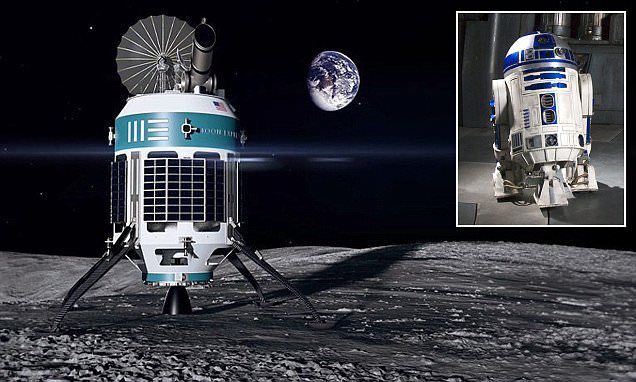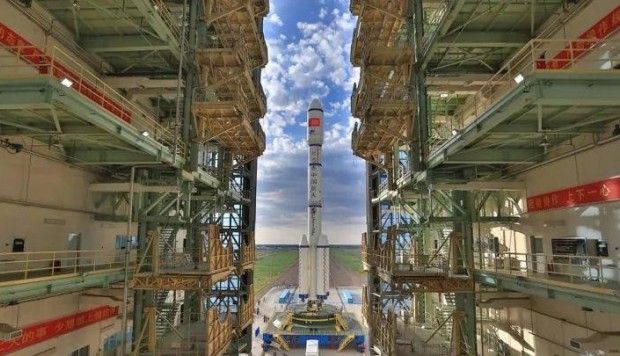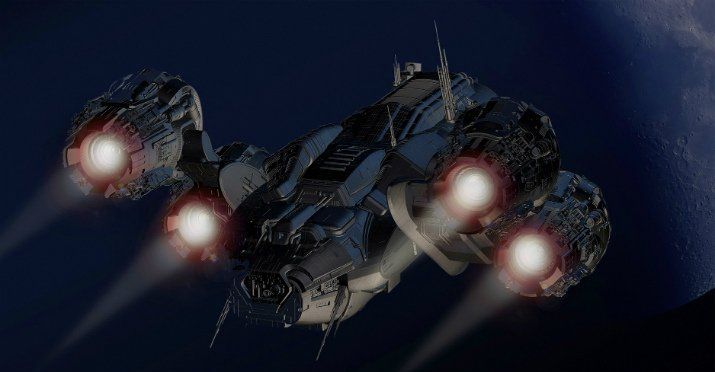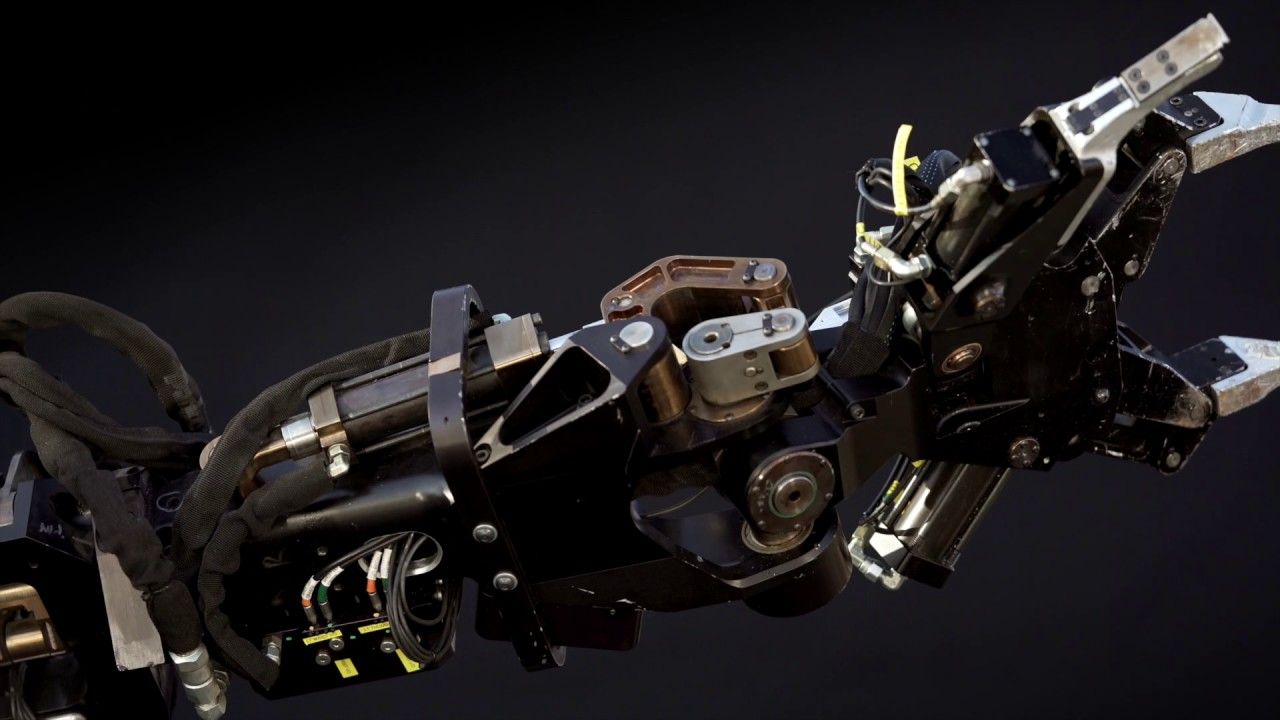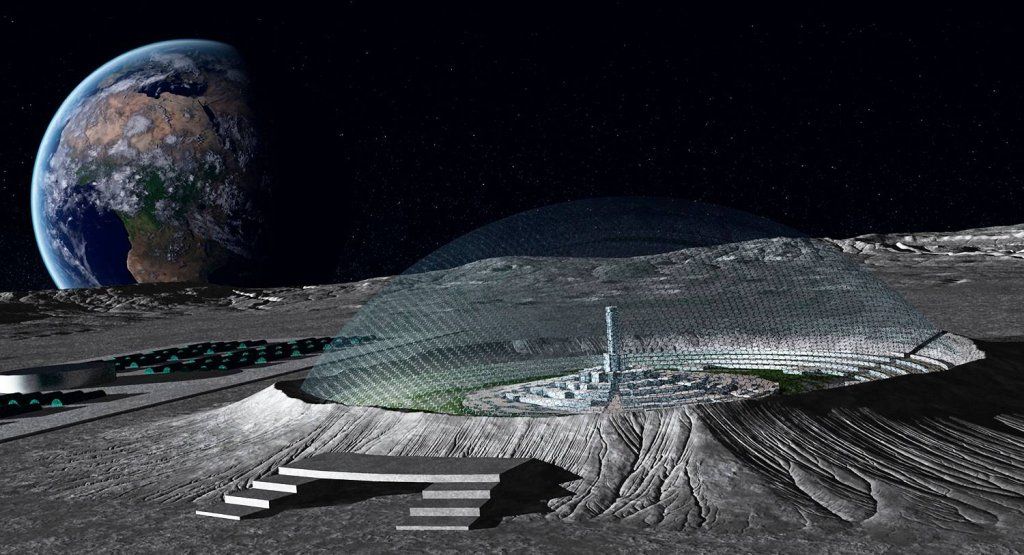Nov 24, 2017
Project Lyra, a mission to chase down that interstellar asteroid
Posted by Andreas M. Hein in categories: futurism, space travel
Back in October, the announcement that the first interstellar asteroid triggered a flurry of excitement. Since that time, astronomers have conducted follow-up observations of the object known as 1I/2017 U1 (aka. ‘Oumuamua) and noted some rather interesting things about it. For example, from rapid changes in its brightness, it has been determined that the asteroid is rocky and metallic, and rather oddly-shaped.
Observations of the asteroid’s orbit have also revealed that it made its closest pass to our Sun back in September of 2017, and it is currently on its way back to interstellar space. Because of the mysteries this body holds, there are those who are advocating that it be intercepted and explored. One such group is Project Lyra, which recently released a study detailing the challenges and benefits such a mission would present.
Continue reading “Project Lyra, a mission to chase down that interstellar asteroid” »
